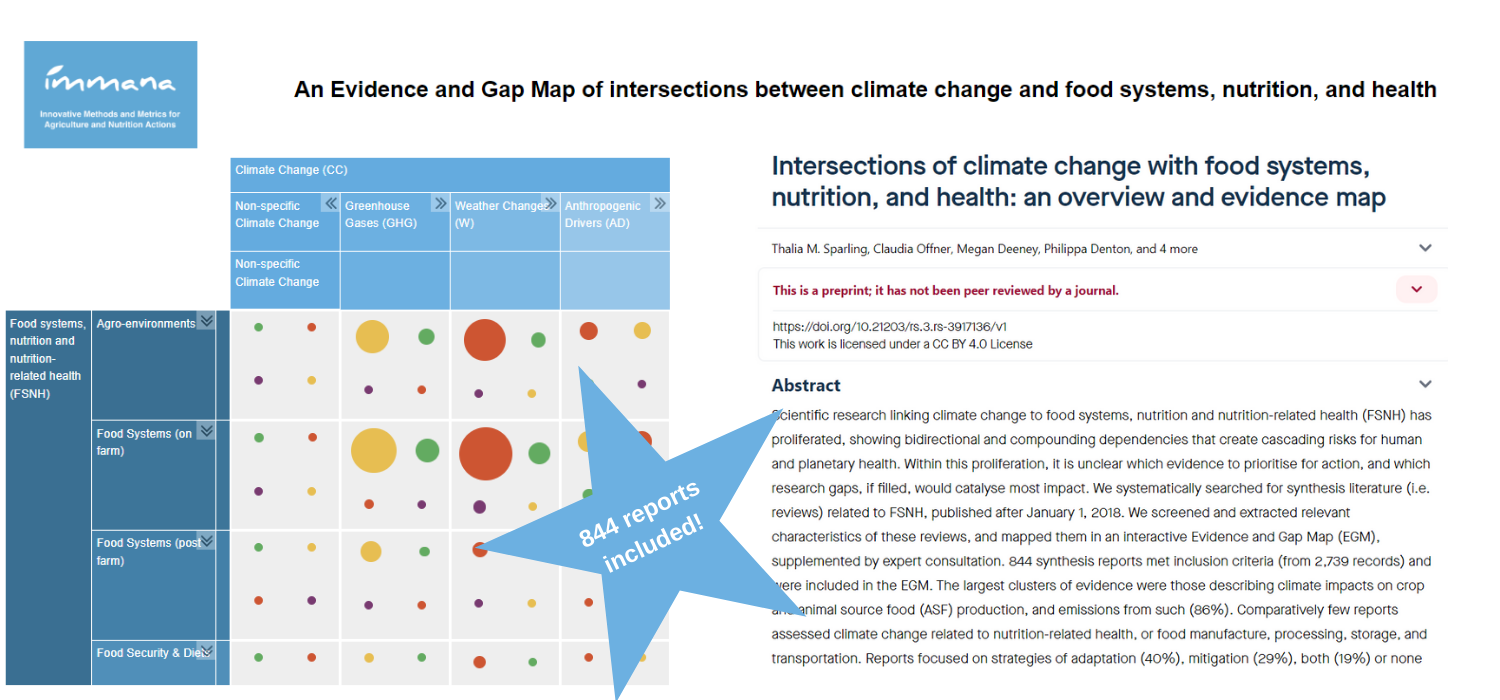In 2022, the UN Environment Assembly adopted an historic resolution to develop an international legally binding instrument on plastic pollution, including in the marine environment. "The instrument" - or 'Global Plastics Treaty' is to be based on a comprehensive approach that addresses the full life cycle of plastic, including its production, design, and disposal.
Industrial food systems are a leading driver of plastic production, set to almost triple by 2060, and are simultaneously vulnerable to all plastic pollution impacts. As such, food systems represent a major sectoral opportunity for substantial action against plastic pollution that, if implemented effectively and appropriately, could support food system resilience, sustainability and planetary health.
A new policy brief sheds light on the cross-cutting impacts of food system plastics, drawing attention to the hazards and trade-offs that these ubiquitous materials may pose for food safety, food security, the environment and livelihoods. In doing so, it provides Plastics Treaty delegates with critical information to assist negotiations.
Co-authored by IMMANA researchers in collaboration with independent researchers, the policy brief is an official output of the Food Systems Working Group of the Scientists Coalition for an Effective Plastics Treaty; an international network of diverse, independent scientific and technical experts seeking to contribute with summaries and interpretations of scientific knowledge to decision makers and the public involved in the negotiations towards a global agreement to end plastic pollution.
Read the Policy Brief | Learn more about IMMANA's work on food systems plastics





